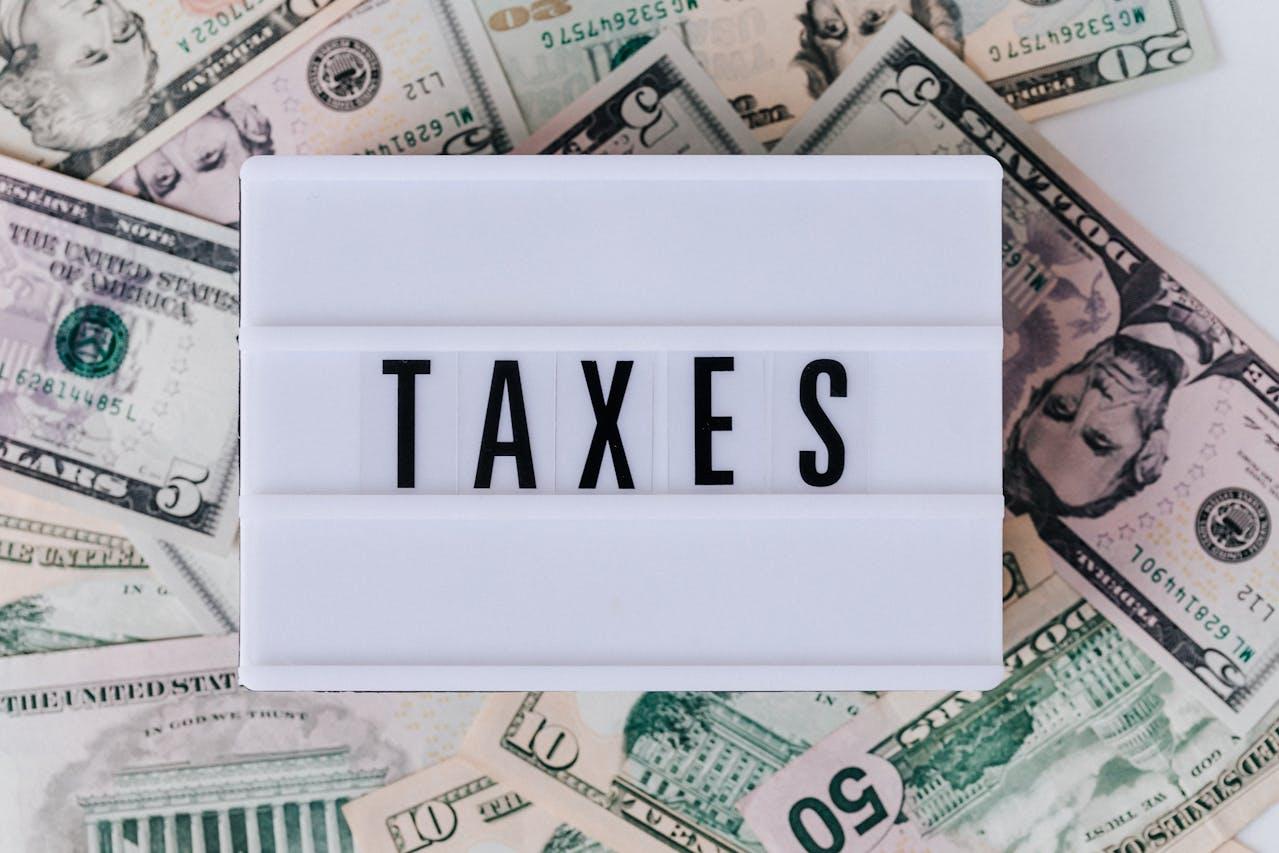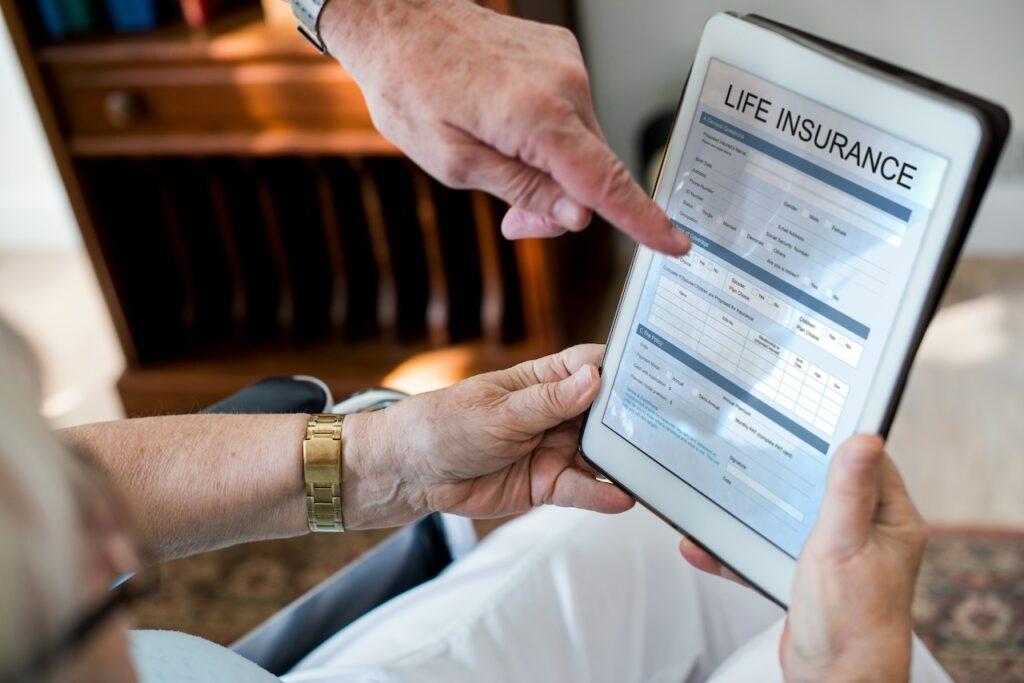
Latest News
How Does Life Insurance Affect an Estate Plan?
Planning with life insurance requires the advice of competent insurance professionals and estate planning attorneys to ensure the most advantageous outcome for you and your beneficiaries.

Protecting one’s home in a Medicaid Asset Protection Trust (MAPT) is a common planning tool.

The biggest concern that most have when they are in need of long-term nursing home care is that their primary residence will not be protected. This may or may not be true.

Each year, there are slight adjustments to the financial eligibility requirements of Community Medicaid for adults receiving the assistance of a home health aide.

Starting in March 2025, New York State will be condensing down to one Fiscal Intermediary (FI) from the over 600 FIs that currently operate in this arena.

Understand the difference in look-back rules for Community Medicaid and Nursing Home Medicaid in New York, including rules regarding possible penalties.

A pooled income trust is a type of supplemental needs trust that is used to shelter the excess income of a Medicaid recipient.

Learn what a Medicaid Asset Protection Trust (“MAPT”) is and whether or not assets in a Medicaid trust still enjoy a step-up in tax basis at death.

With 10,000 baby boomers turning 65 every day, long-term care planning has become an increasingly important issue across the United States, including in New York. As the population ages, more individuals will require long-term care services and supports, highlighting the need for prudent planning to cover future care costs. There have been recent developments in New York on Medicaid eligibility rules and asset protection strategies.

If you're a trustee of a Medicaid Asset Protection Trust (MAPT) established by a loved one—such as a parent—you might wonder about the tax implications of this role, especially as Tax Day approaches. It's crucial to understand the nuances of tax reporting for these trusts to ensure compliance and avoid potential penalties.

After working most of your life and finally paying off your mortgage, the last thing you want is to see the assets you’ve accumulated through years of diligence fall into the government’s hands because you required long-term care either at home or in a nursing home. There is a way—a perfectly legal and legitimate way—to shield those assets and protect your children’s inheritance. But there’s no time to lose.





